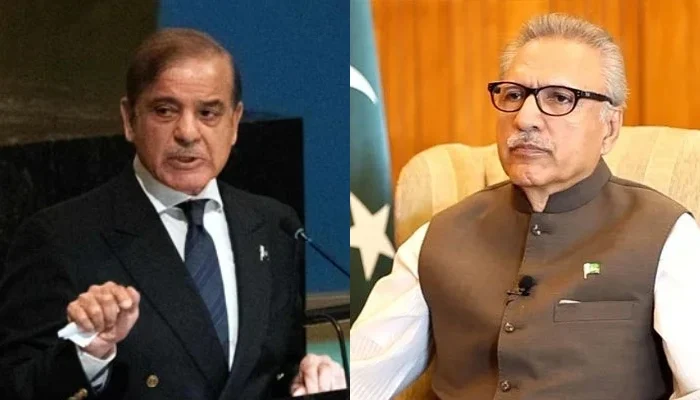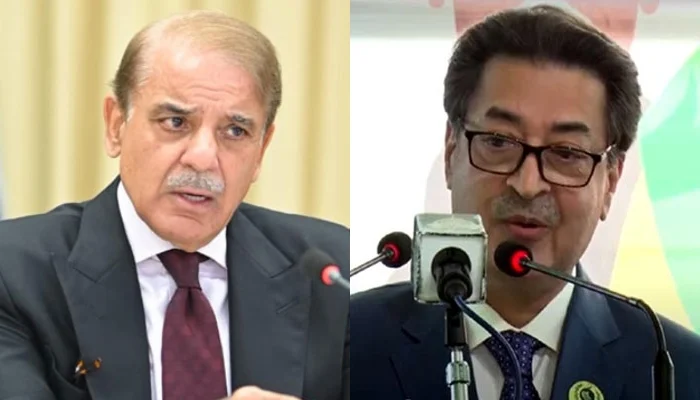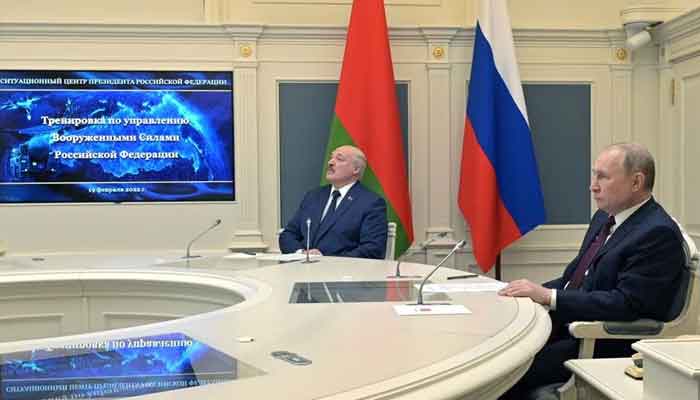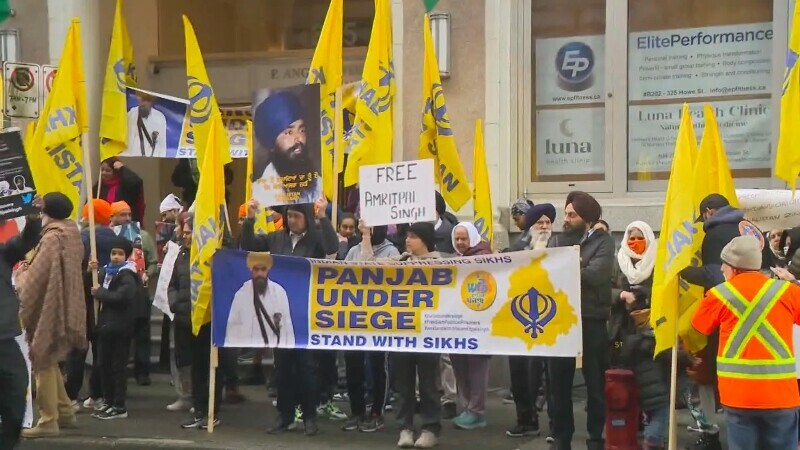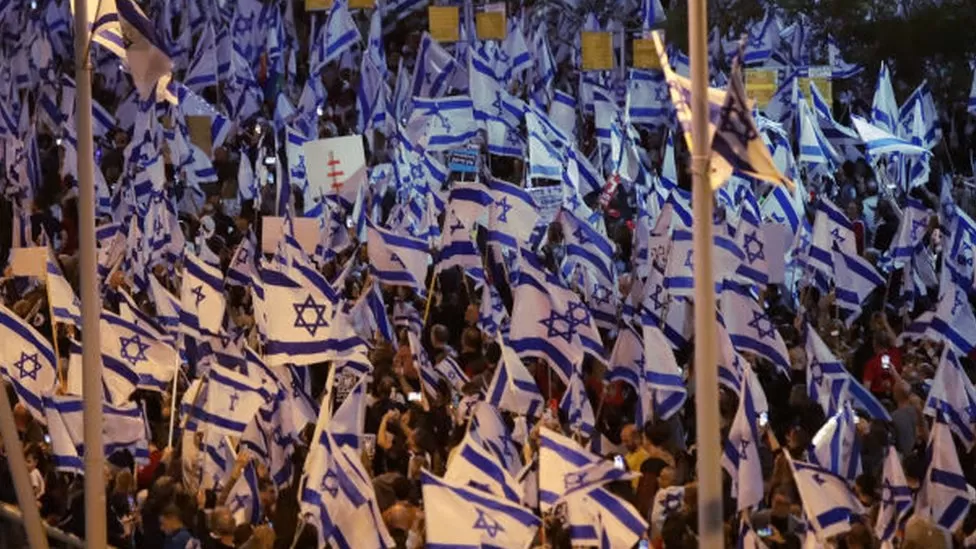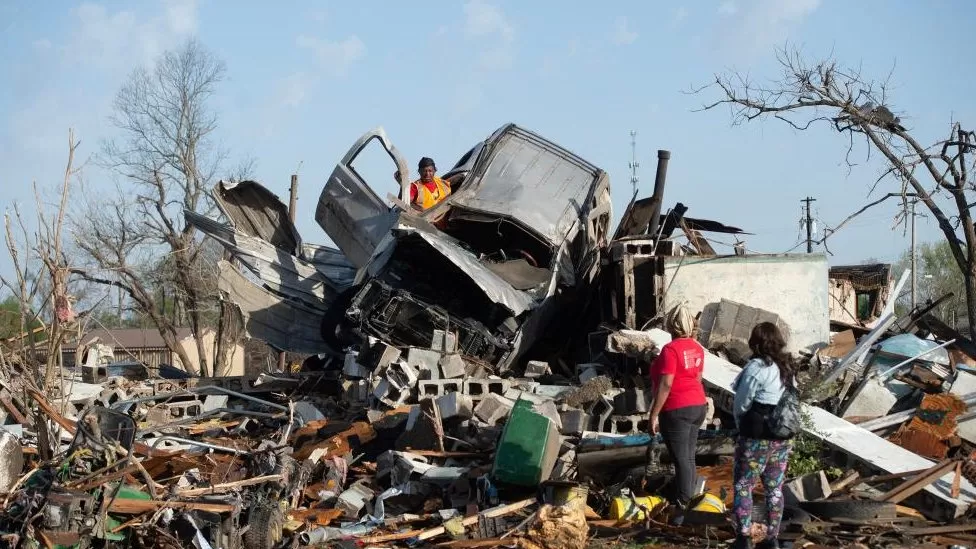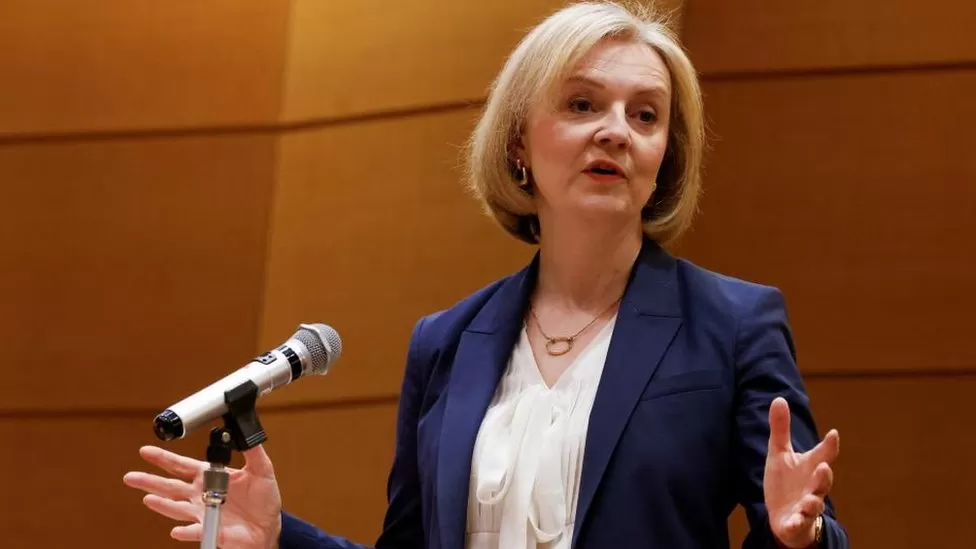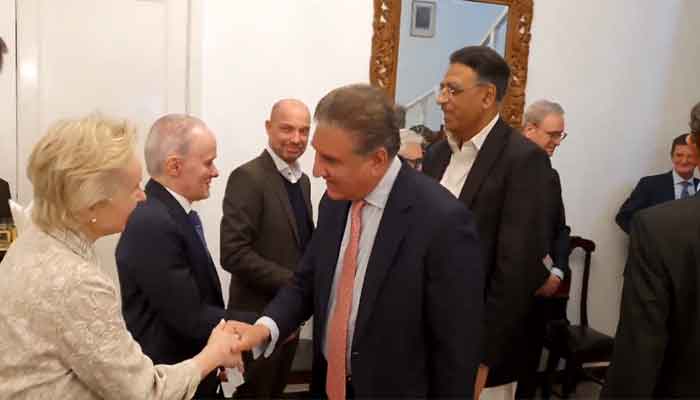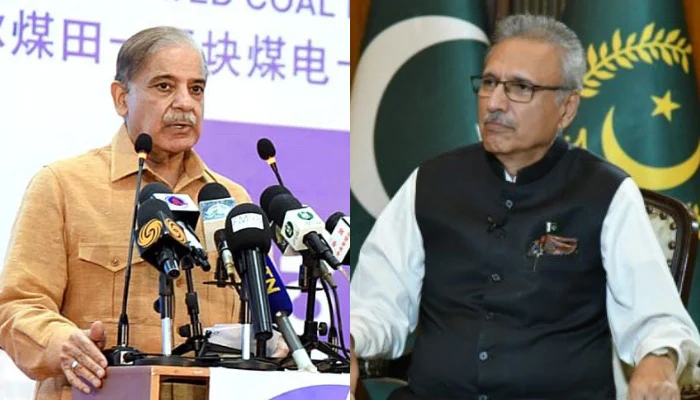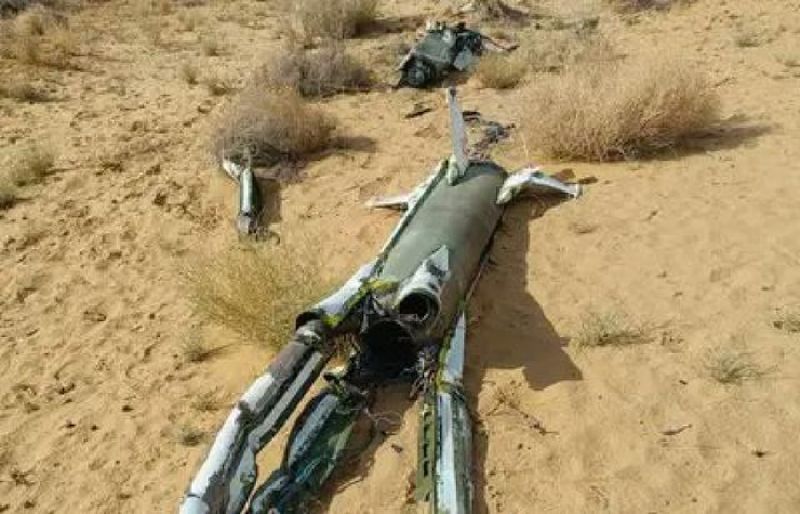Prime Minister Shehbaz Sharif informed President Dr Arif Alvi on Sunday that his letter regarding the Punjab and Khyber Pakhtunkhwa elections read like a Pakistan Tehreek-e-Insaf (PTI) press release which is “blatantly partisan in nature” and supports the Imran Khan-led party’s “one-sided and anti-government” views.
The president on Friday had penned a letter to PM Shehbaz, urging him to ensure the implementation of the Supreme Court’s orders in relation to the general elections in both provinces.
The move came after the Election Commission of Pakistan (ECP) had postponed the upcoming elections in Punjab — initially scheduled to be held on April 30 — citing security reasons as the major cause behind the change in plans.
In his letter, the president emphasised that all concerned executive authorities of the federal and provincial governments should be directed to refrain from abuse of human rights and also to assist the ECP to hold general elections in the two provinces, within the timeframe, in compliance with the apex court’s order, to avoid further complications including contempt of court.
However, the prime minister, in his letter today, stated that the president’s letter to him was one-sided and held anti-government views.
“You openly express anti-government views and your letter was not reflective of the president’s constitutional role and this is what you’re constantly doing,” wrote the premier.
Criticising the president, PM Shehbaz said that the head of state followed former prime minister Imran Khan’s unconstitutional instructions by dissolving the National Assembly — which was deemed unconstitutional by the Supreme Court on April 7.
He added that President Alvi failed to fulfil the constitutional duty to administer the oath to him as the prime minister under Article 91, clause 5.
“Despite the foregoing and several other instances, where you actively worked towards undermining a constitutionally elected government, I have made all-out efforts to maintain a good working relationship with you. However, the contents of your letter, its tone and language has compelled me to respond to it,” the premier stated.
“Regrettably and ostensibly due to your party allegiance, you have failed to note the sheer violation of laws, contumacious disregard of court orders, attacking the law enforcement agencies, damaging public property, attempts to create chaos, civil and poetical unrest and in short, to bring the country to the brink of economic default and civil war, by the PTI,” said PM Shehbaz.
He also criticised the president for not commenting on deposed prime minister Imran Khan‘s failure to appear in courts.
The premier stressed that the incumbent government had ensured that there is “complete freedom of speech and expression, as enshrined under Article 19 of the Constitution”.
While referring to attacks on media persons and journalists, PM Shehbaz also criticised the former PTI government for keeping the National Commission for Human Rights (NCHR) dysfunctional for the most part of its tenure.
“There are several reports of international human rights organisations, which reflect poorly on the track record of the previous government on severe violations of human rights and the fundamental rights of the citizens of Pakistan,” the premier said.
He also drew the president’s attention towards the political victimisation of opposition lawmakers during the PTI rule, notably the narcotics case, entailing death penalty, against Interior Minister Rana Sanaullah — who was then an MNA — and NAB cases against Pakistan Muslim League-Nawaz (PML-N) leader Maryam Nawaz.
“Mr President, the Constitution does not vest any powers in or assigns any functions to the President whereby the President can seek explanation from the Government or the Prime Minister. The only reason I am responding to your letter is because I want to bring your partisan attitude and actions on record and to set the record of our government straight,” he added.
In his letter, the prime minister further lambasted the president, saying that he gave the dates for elections at the PTI’s behest. He added that the president’s decision to give an election date for the KP Assembly was set aside by the apex court.
“You have not raised any concerns on the malafide dissolution of the provincial assemblies of the two provinces, that too at the behest of and to satisfy the ego of the Chairman, PTI,” he continued.
The premier observed that the assemblies were dissolved to blackmail the governments at the centre and provincial governments in a bid to force them to dissolve the National Assembly and the other two provincial assemblies.
“You have not taken note of the effect of conducting elections to these two provinces prior to the general elections to the National Assembly inasmuch as, organising and conducting free and fair elections under clause (3) of Article 218 may not be possible with elected provincial governments in Punjab and KP,” he wrote, adding that this constitutional distortion was not looked into by the president.
The prime minister also highlighted that it is the electoral body’s decision to assess whether the circumstances allow polls to be held.
PM Shehbaz concluded his letter by saying that he is “fully aware” of his duties and the duties of the government. “Our government is fully committed to preserve, protect and defend the Constitution and ensure that the fundamental rights guaranteed to the citizens of Pakistan are not violated,” he continued.
He said that the government is also determined to ensure that no one is allowed to violate the law, create unrest and attempt to cause irreparable harm to the state of Pakistan.
“I want to further assure you that our Government will thwart any efforts to undermine the constitutionally elected government,” he added.


